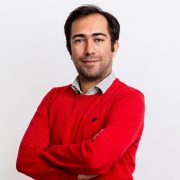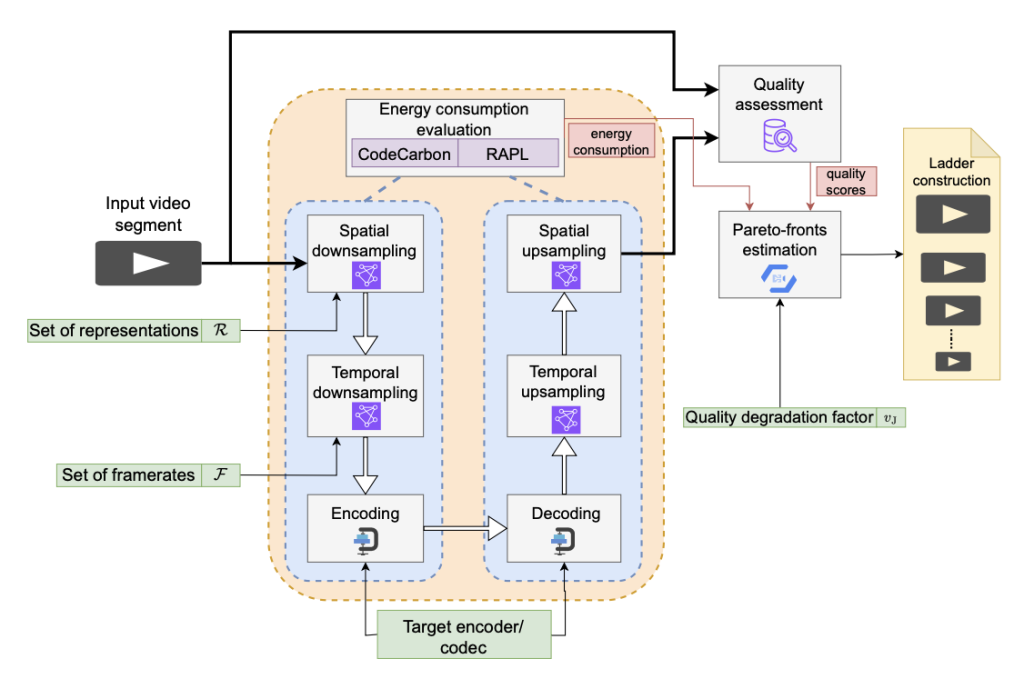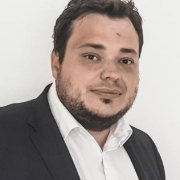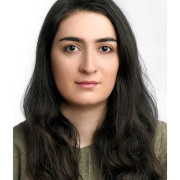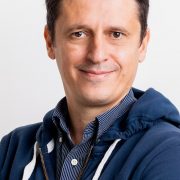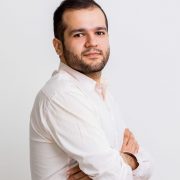Authors: Annalisa Gallina (UNIPD, Italy), Hadi Amirpour (AAU, Austria), Sara Baldoni (UNIPD, Italy), Giuseppe Valenzise (UPSaclay, France), Federica Battisti (UNIPD, Italy).
Conference: IEEE Visual Communications and Image Processing (IEEE VCIP 2024) – Tokyo, Japan, December 8-11, 2024
Abstract: Measuring the complexity of visual content is crucial in various applications, such as selecting sources to test processing algorithms, designing subjective studies, and efficiently determining the appropriate encoding parameters and bandwidth allocation for streaming. While spatial and temporal complexity measures exist for 2D videos, a geometric complexity measure for 3D content is still lacking. In this paper, we present the first study to characterize the geometric complexity of 3D point clouds. Inspired by existing complexity measures, we propose several compression-based definitions of geometric complexity derived from the rate-distortion curves obtained by compressing a dataset of point clouds using G-PCC. Additionally, we introduce density-based and geometry-based descriptors to predict complexity. Our initial results show that even simple density measures can accurately predict the geometric complexity of point clouds.
Index Terms— Point cloud, complexity, compression, G-PCC.

